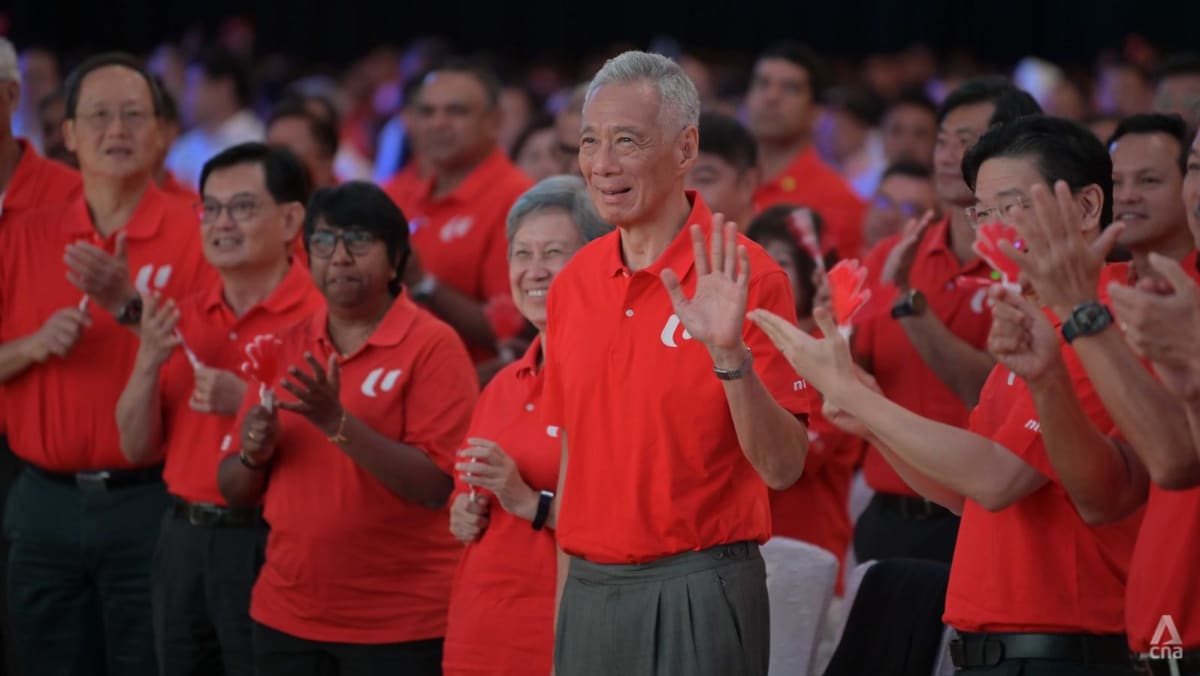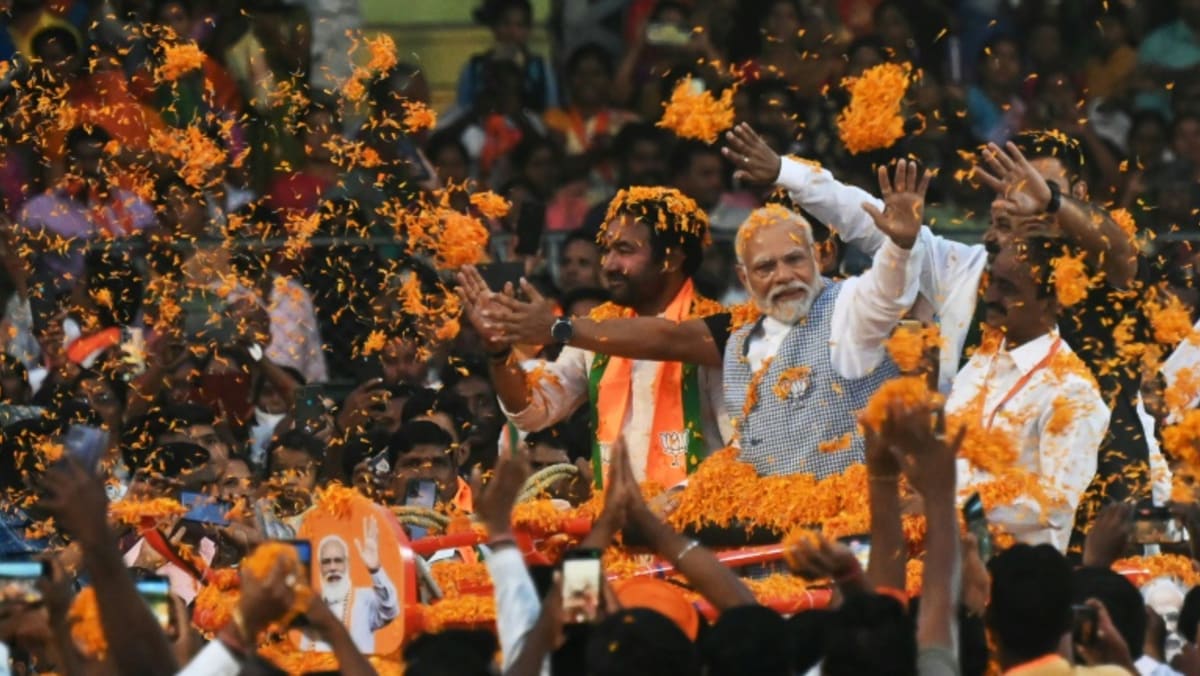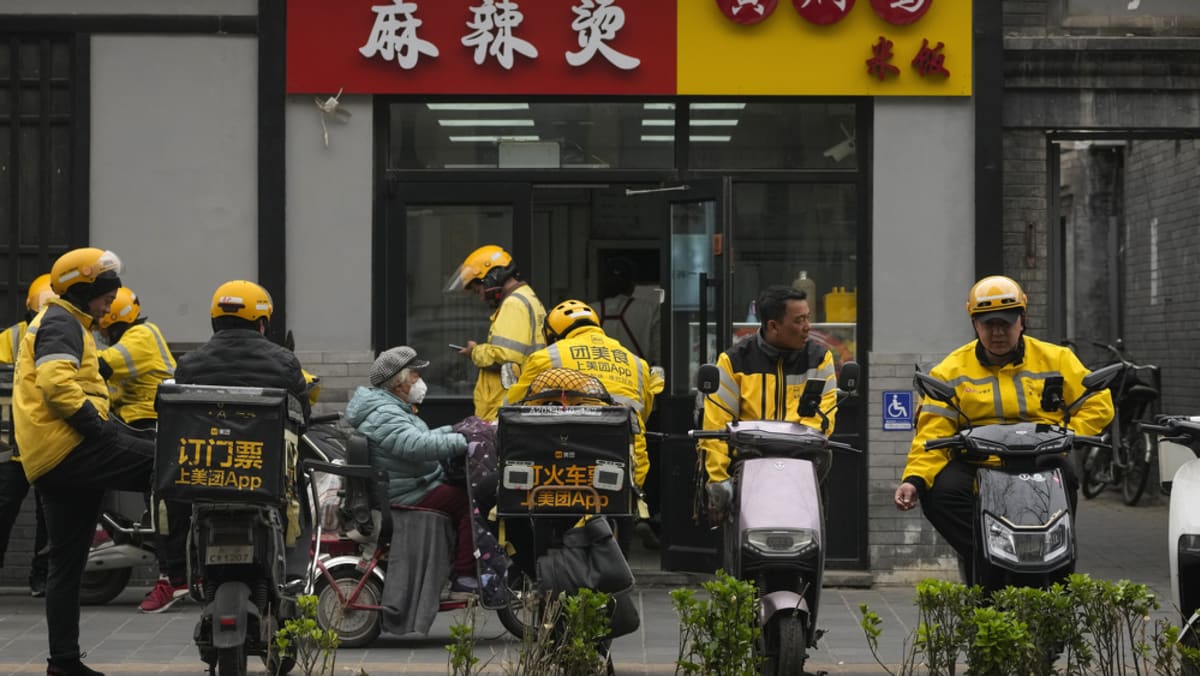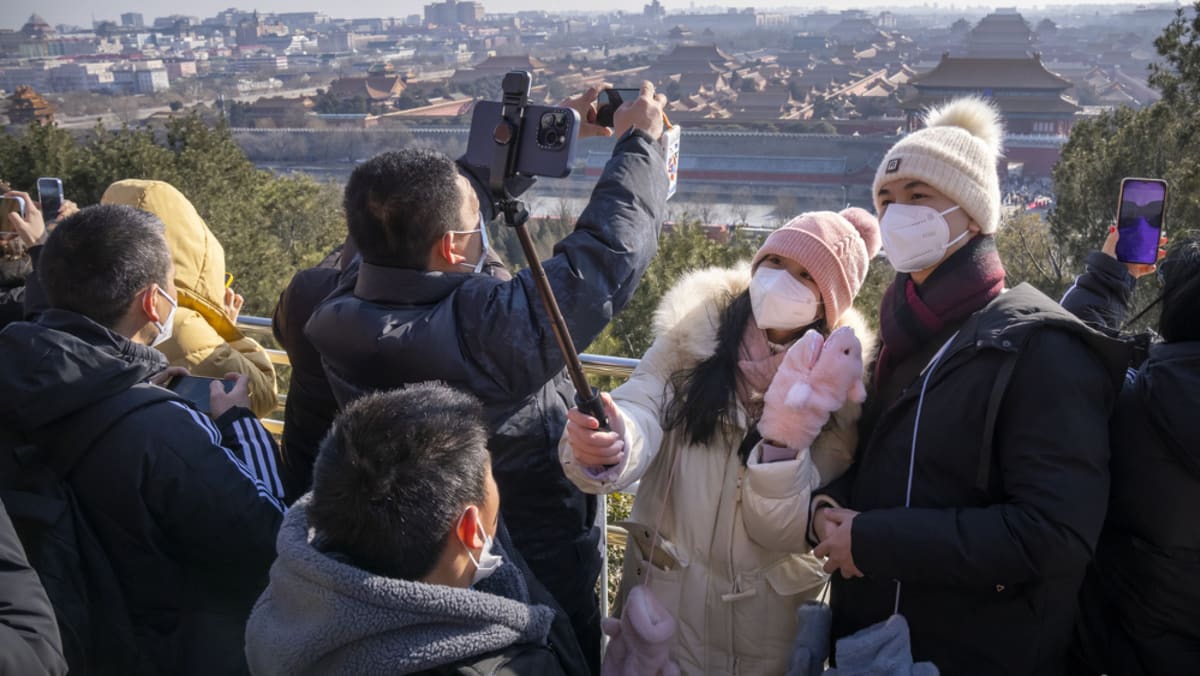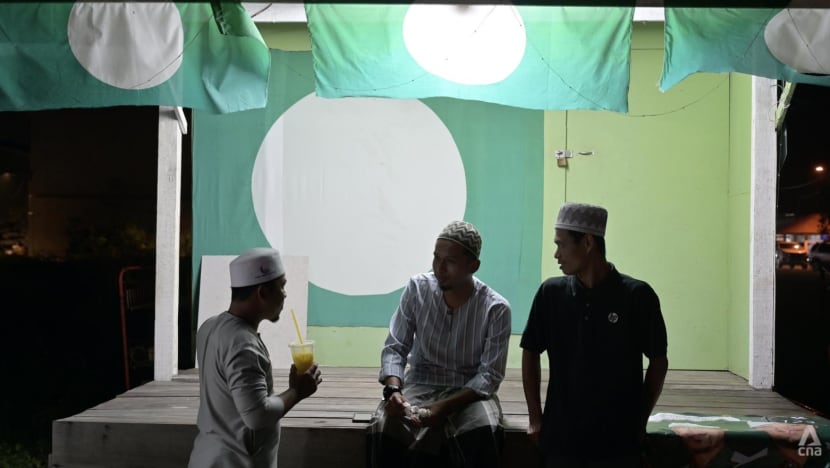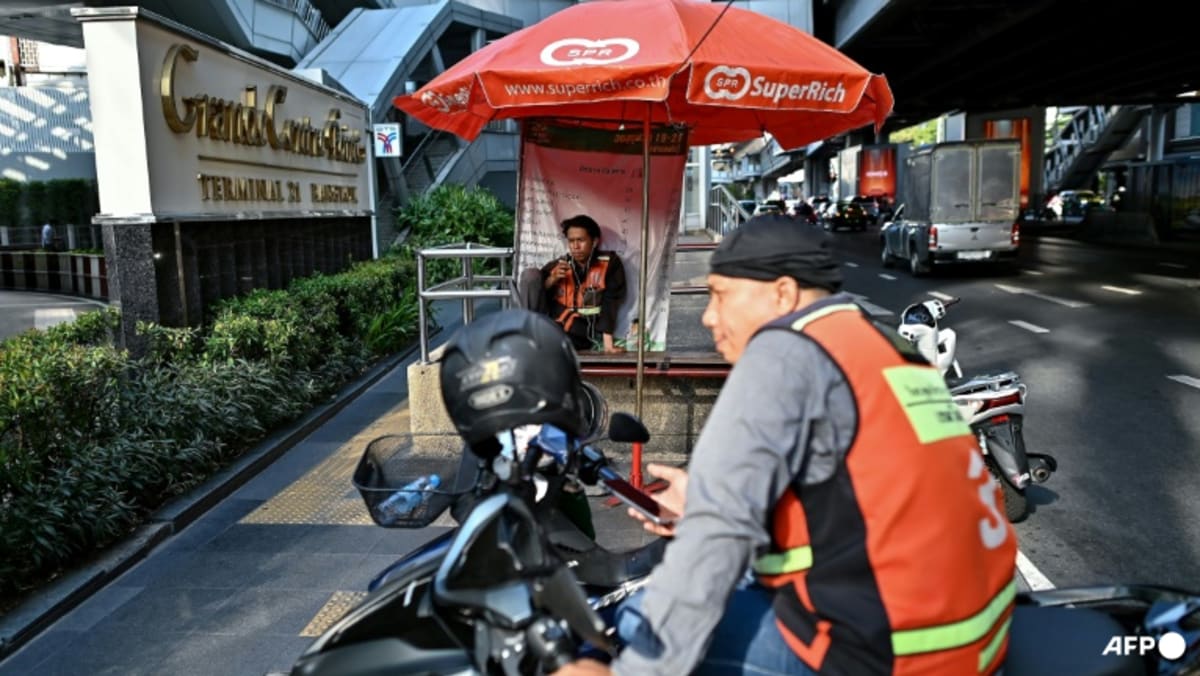JOBS AND INCOME CONCERNS
Those who seek political change cite unemployment, inflation and income insecurity as their top concerns. Lack of suitable work has become a raging crisis. Two out of three among the country’s jobless are young people with at least a secondary education. Every second young woman is neither working, nor studying.
These are the areas where the Congress Party has chosen to focus its attack by promising a right to paid apprenticeship. If voted to power, the party has pledged to fill 3 million public sector vacancies. Modi has replaced regular hiring in the defence forces with four-year stints culminating in the decommissioning of three out of four young soldiers without pension or health benefits. The Congress says it would scrap the controversial arrangement and resume long-term contracts.
On inflation, both parties want to target healthcare costs. Gandhi is making a bold pledge of free and universal care up to 2.5 million rupees (US$30,000), five times the coverage limit under Modi’s existing medical insurance plan. Then there are food and energy costs. The Congress Party says it will increase the utilisation of subsidised cooking gas, though it doesn’t say if it will give bigger cash rebates. The BJP says it will stabilise prices of vegetables, edible oils and pulses.
But unlike Modi, Gandhi is proposing big expansions in India’s welfare state to address agrarian angst and inequality. He’s promising the urban poor jobs in city infrastructure and a legally mandated minimum support price to farmers – something Modi has long resisted.
Similarly, the Congress Party’s proposed unconditional transfer of US$1,200 a year to poor families will be a significant basic income in a country where 90 per cent of adults don’t earn the per capita average of US$2,800, while fewer than 10,000 individuals make 2,000 times more, on average.
Pre-poll surveys do not explicitly capture extreme inequality as a concern. What they do show, however, is that 32 per cebt of people now believe that more of the gains have gone to the rich, while 15 per cent believe there has been no development at all.
All of this suggests that quid pro quo by billionaires seeking political favours may well turn out to be an issue in this election, thanks to the Indian Supreme Court’s decision to scrap opaque electoral funding and force some very embarrassing disclosures on corporate donations.
If not the details, then at least the broad-brush message on rampant crony capitalism will have reached the average voter before polling begins Apr 19. In the Lokniti-CSDS survey, 55 per cent of respondents said that corruption has increased in the last five years.
Yet, the anti-Modi alliance’s chances are severely curtailed. Important opposition politicians are in jail or facing harassment by federal agencies.
More alarmingly, faith in the Election Commission has crashed, from 51 per cent who said they trusted the institution to a great extent after the 2019 poll, to 28 per cent now. The survey shows a widespread belief that the ruling party can manipulate electronic voting machines.
“We are rapidly sliding to become a one-party and one-person dictatorship,” warns the Congress manifesto. The BJP, however, brushes aside the concern and says it will promote the country’s “rich democratic traditions going back millennia”.
Voters will have to take that promise on its face value. There is no “Modi’s guarantee” on keeping India’s democracy alive.
